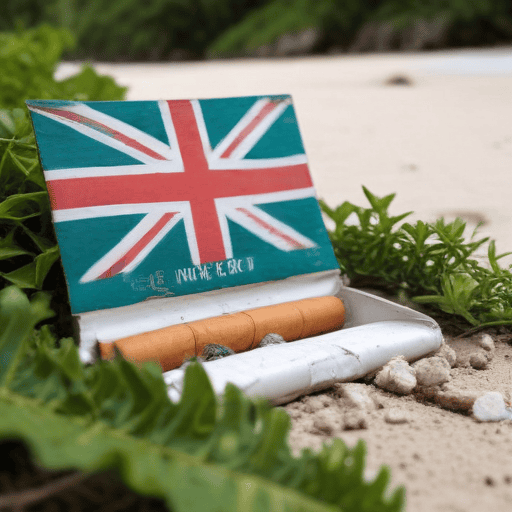Tobacco-related diseases impose a heavy financial burden on Fiji, costing the nation approximately $319 million each year, equivalent to 2.7 percent of its Gross Domestic Product (GDP). This alarming statistic reflects not only the economic impact but also the tragic loss of over 1,200 lives annually due to tobacco-related illnesses.
A recent report, released collaboratively by the Ministry of Health, UNDP, and World Health Organization, underscores the pressing need for effective tobacco control strategies. It reveals that one in three individuals in Fiji are smokers, with men facing a significantly higher smoking rate than women: about 50 percent of men smoke compared to just 14 percent of women.
Health Minister Dr. Ratu Atonio Lalabalavu emphasized that tobacco use represents a major public health challenge, affecting both individual health and the economy. He noted that tobacco control is essential to reducing the prevalence of non-communicable diseases, which hinder the country’s progress towards the United Nations’ Sustainable Development Goals, particularly Goal 3: Good Health and Well-being. “Reducing tobacco consumption is critical to improving public health outcomes, which in turn supports Fiji’s aspirations to provide quality healthcare and enhance the productivity of its workforce,” he stated.
The report advocates for several actionable measures, including increasing taxes on tobacco products, enhancing national multisectoral tobacco control efforts, and adhering to the WHO Framework Convention on Tobacco Control. These initiatives are expected to yield significant improvements in public health and economic stability in Fiji.
Although implementing these recommendations may be challenging, the government is committed to tackling the issue, as expressed by Minister Dr. Lalabalavu. UNDP Resident Representative Munkhtuya Altangerel highlighted the stark statistics surrounding tobacco use in Fiji, conveying that the investment case evaluates both the health and economic benefits of adopting five key tobacco control measures. By addressing tobacco usage with resolve, Fiji can save lives and build a healthier, more prosperous society.
Experts agree that by persevering with and strengthening tobacco control measures, Fiji can cultivate a healthier environment, lessen the burden of tobacco-related diseases, and achieve its developmental goals.
This report signals a hopeful path forward for Fiji as it seeks to improve public health outcomes and economic stability, aligning with global health standards and making strides towards a healthier future.

Leave a comment